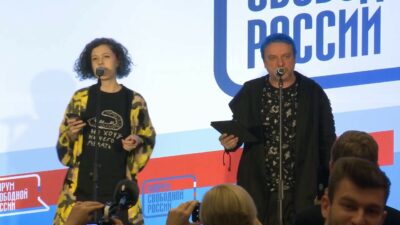The United States has done everything possible to resolve Russia’s questions on the grain deal, State Department chief Anthony Blinken said.
“In terms of specific indications of potential problems such as banks, transportation and so on, we’ve done everything we can to make sure those issues are resolved”, Blinken said in an interview with French RFI radio (his text published on the State Department’s website).
He said he personally wrote letters to U.S. banks and explained that Washington “absolutely” supports Russian grain exports. “There should be no concerns about sanctions, out from under which Russian grain, transportation, insurance and so on are withdrawn”, Blinken explained.
Moreover, he described a proposal from the UN for Russia that answers all of Moscow’s concerns. However, the Kremlin never responded to it, Blinken emphasized. In this regard, he believes that extending the deal is “not a matter of concessions”.
Also, the head of the State Department did not agree with Moscow’s statements about problems with the supply of Russian grain. In the last year it “far exceeds” the indicators that were before the war, Blinken noted. Data from the Russian Ministry of Agriculture confirms this: last agricultural year (July 2022-June 2023) Russia exported 60 million tons of grain, including wheat, which was a record (a year earlier the figure was at 38.1 million tons).
Blinken also called “a drop in the ocean” the proposal of “Russian President” to send 25-50 thousand tons of grain to the six most needy African countries. The head of the State Department recalled that under the grain deal “20 million tons were exported”.
According to UN data, 32.9 million tons of agricultural products were exported from Ukraine under the deal, 65% of which were received by China, Spain, Turkey, Italy, Italy and the Netherlands. The Russian Foreign Ministry claimed that the poorest countries accounted for less than 3 percent of the shipments.
The grain deal was agreed by Russia, the UN, Ukraine and Turkey in July 2022. The agreement consisted of two parts: Moscow agreed to the safe export of Ukrainian grain from the ports of Odessa, Chernomorsk and Pivdenny, while Russia was relieved of restrictions on the access of Russian agricultural products and fertilizers to world markets. Moscow repeatedly said that the second part of the deal was not being implemented and announced on July 17 that it was suspending its participation in the agreement.
Putin, in a conversation with Turkish President Recep Erdogan, voiced his demands for a return to the Istanbul arrangements. In addition to removing Russian grain and fertilizer shipments to world markets from sanctions, as well as resolving the issue of insurance for Russian ships and exports, the Russian president demanded that Rosselkhozbank be connected to the SWIFT system and that the Togliatti–Odessa ammonia pipeline be reopened.





